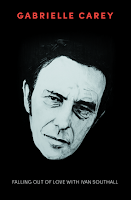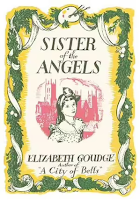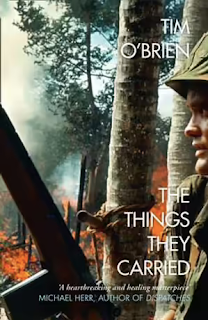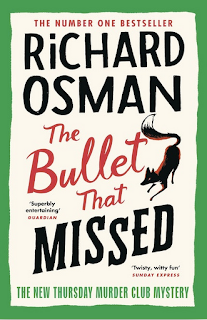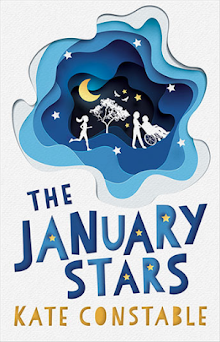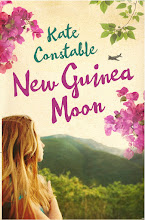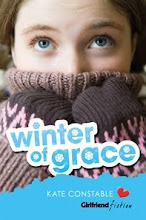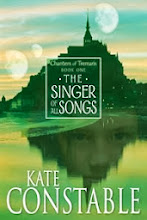Another book about trees. I hadn't heard anything about this book but when I saw it on Brotherhood Books (last year, before the Great Warehouse Flood), I pounced on White Beech, Germaine Greer's account of rehabilitating a patch of rainforest on the NSW/Queensland border.
I really enjoyed some parts of White Beech, as when Greer writes about her long search for a patch of land (initially she intended to buy a piece of desert) to protect and revive -- not just put a fence around it, but remove weed species and allow native plants and wildlife to reclaim the place, and also searching out the likely original species and replanting them herself. She wasn't looking for rainforest, and almost walked away, but an encounter with a little bird changed her mind. Greer has this streak of spiritual openness which is surprising in someone who presents as so hard-headed! I also loved her other encounters with animals and birds on the land and in her house (she describes antechius flattening themselves until they are like 'a credit card with a leg at each corner'), and her determination to restore this small patch of the planet to the way it was before white settlers trampled all over it, poisoned it, cut down the trees, filled it with weeds and feral beasts, and generally ruined it.
However, Greer has taken it upon herself to educate herself extensively about Australia botany. Which is great, but she insists on sharing every shred of detail she's learned with us, the readers, and we are not all necessarily as fascinated by the ins and outs of botanical history and the minute differences between different genera, species, pentioles and venation, as she is... I must admit I skimmed some of these pages, and they could have been edited quite severely without harming the book. Greer is very confident that she knows better than everyone else about pretty much everything, but my confidence in her expertise wavered when she corrected our mistaken belief that Skippy the Bush Kangaroo was a male -- something that I'm sure no-one ever believed, except possibly Greer herself.






